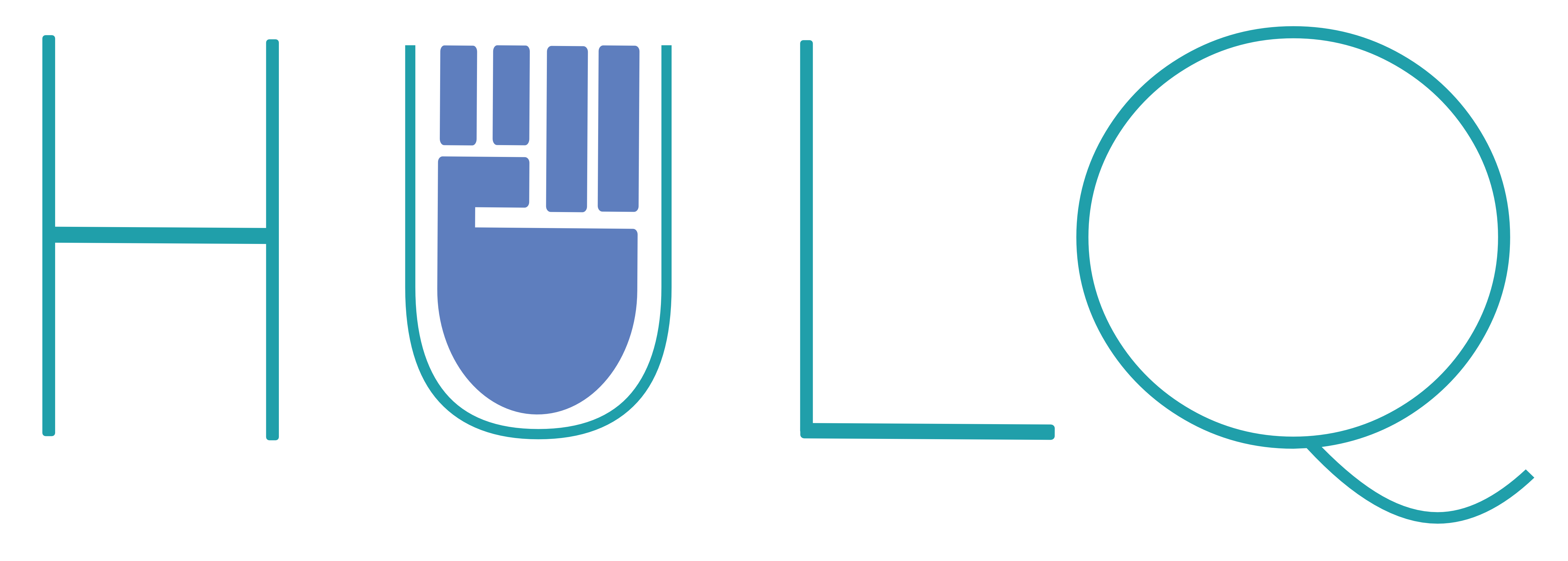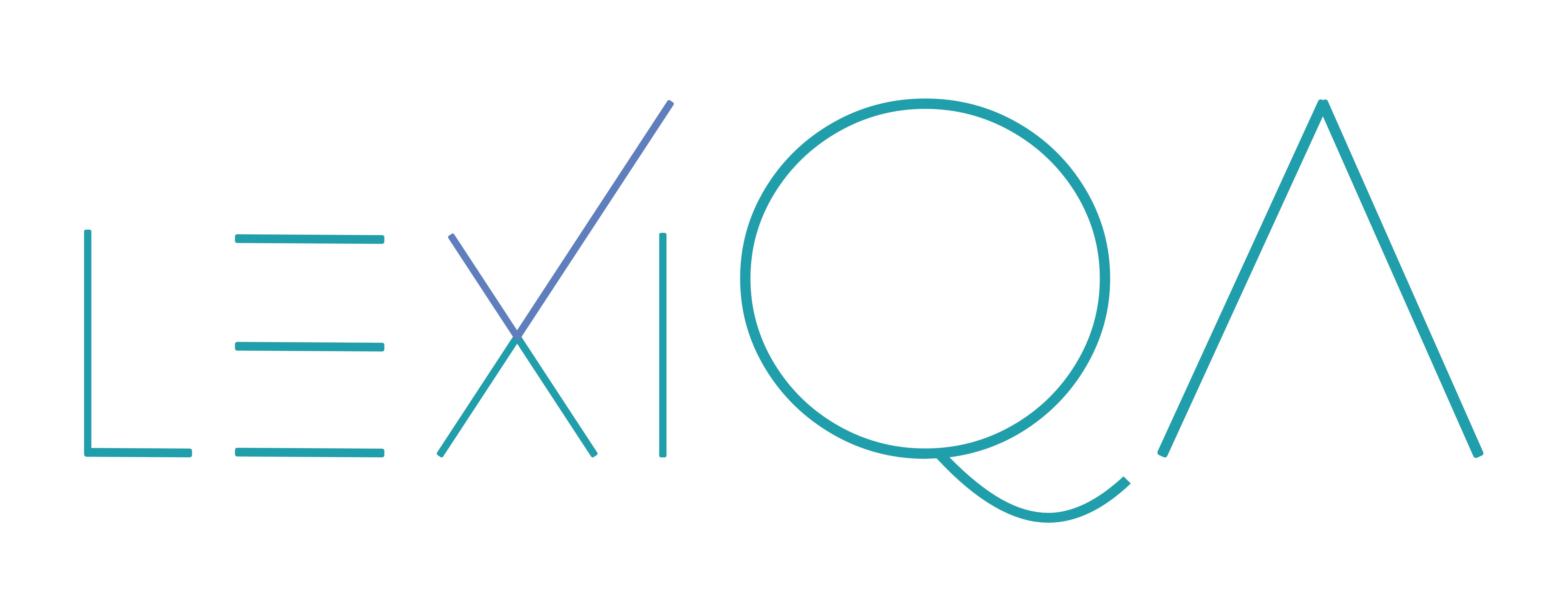
HULQ, which stands for "Harmonized Universal Language Quality," is crafted with the understanding that linguistic accuracy and diversity should not be compromised. We're on a mission to bridge language gaps and ensure digital inclusivity. It’s our proprietary technology, fine-tuned to support an impressive range of more than 150 locales, including those traditionally left out of the digital conversation like Burmese, Oromo, Guaraní, and Palauan. HULQ is redefining spellchecking.
As of April 2024, lexiQA's HULQ supports spellcheck in 152 locales (more locales are continuously added; see Under development):
Locales
Currently supported
152 locales
Under development
77 locales
Notes
In our selection of locales for the list, Chinese and Japanese locales have been notably omitted. This decision stems not from a lack of quality assurance mechanisms but from the unique nature of these languages, which do not accommodate the concept of spellchecking as traditionally understood in alphabetic languages. Unlike languages with alphabetic writing systems, where spellchecking tools can compare input words against a dictionary to identify and correct misspellings, Chinese and Japanese utilize logographic writing systems. These systems are based on characters that represent words or morphemes (the smallest meaningful units in a language), rather than sounds. Consequently, the concept of "spelling" does not apply in the same way.
However, this does not mean that content in Chinese and Japanese goes unchecked. Instead of relying on spellcheck algorithms, we employ specialized quality assurance (QA) algorithms designed to address the specific challenges posed by these languages. See the QA section for more.
